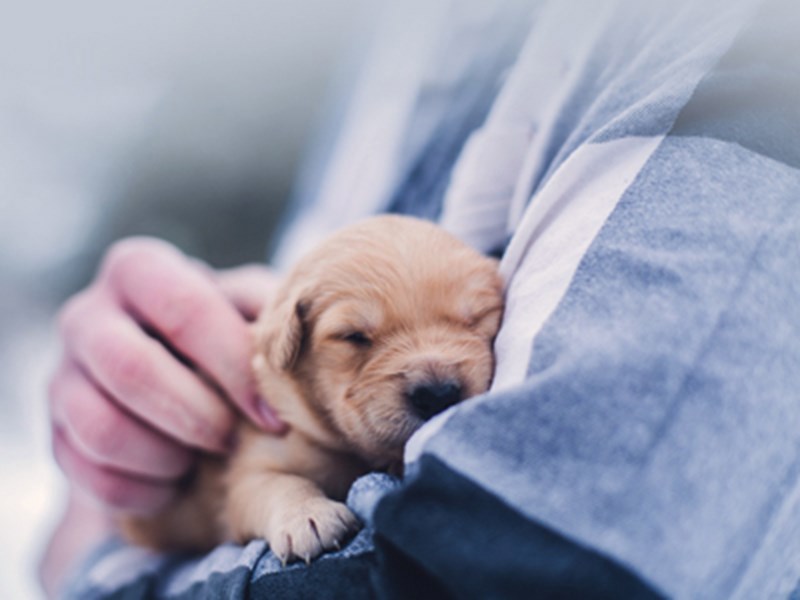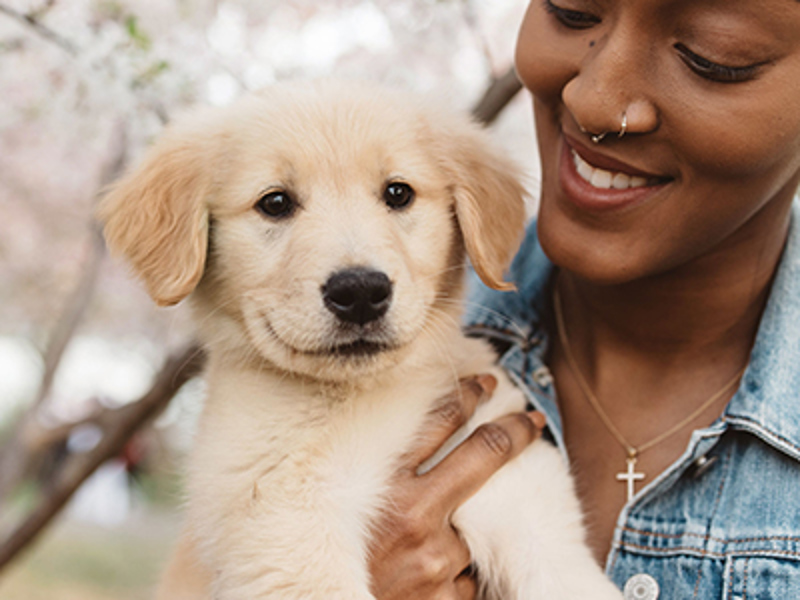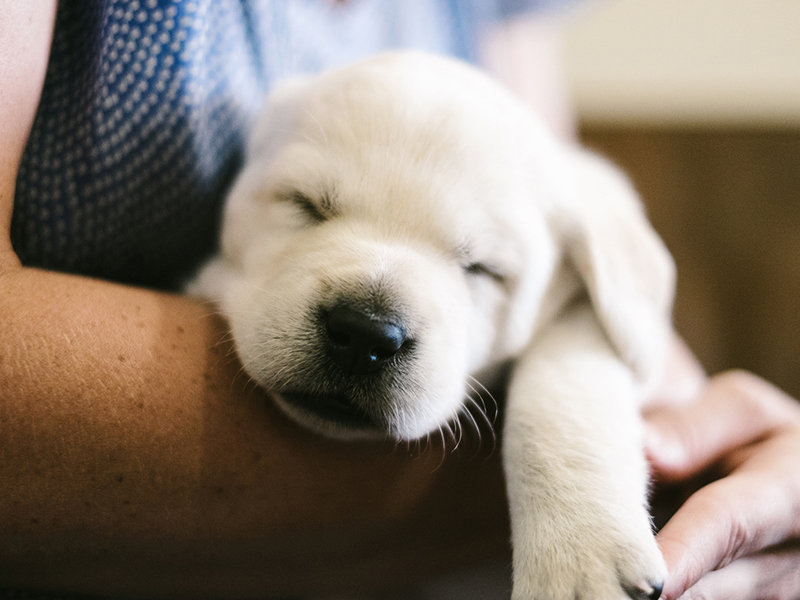
Russian Black Terrier
Breed characteristics
- Size
- Large
- Exercise
- More than 2 hours per day
- Size of home
- Large house
- Grooming
- Every day
- Coat length
- Medium
- Sheds
- No
- Lifespan
- Over 10 years
- Vulnerable native breed
- No
- Town or country
- Either
- Size of garden
- Large garden
About this breed
A relatively new breed, the Russian Black Terrier was developed by the Russian army after World War II as a specialised guard dog and as a general service dog. One of his duties was to round up fugitives.
The Russian dog population had suffered during the World Wars and there was no breed left to fulfil the needs of the forces: a dog able to work independently and cope with the differing terrains and extremes of climate in Russia. A mixture of breeds formed the foundation but it is acknowledged that a Giant Schnauzer was the centre of the breeding programme. He was mated with Airedale and Rottweiler bitches and the progeny were bred together with an input of the Moscow Retriever, a dog bred from Newfoundland and Sheepdog stock.
In 1955 the first working examples of the breed were put on show at an exhibition in Moscow and the first breed standard was published in 1958, which was then adopted by the Fédération Cynologique Internationale in 1984.
Images for this breed
The Working breed group
Over the centuries these dogs were selectively bred to become guards and search and rescue dogs. Arguably, the working group consists of some of the most heroic canines in the world, aiding humans in many walks of life, including the Boxer, Great Dane and St. Bernard. This group consists of the real specialists in their field who excel in their line of work.
Colour Watch
Category 0: Breeds with no NBS colour registration options.
Read more about Colour Watch.
Breed Standard colours
Breed standard colour means that the colour is accepted within the breed standard and is a traditional and well-known colour in this breed.
Breed standard colours in this breed include:
- Black
- Black With Grey Hairs
Other colour/s
'Other' means you consider your puppy to be a colour not currently known within the breed and one that does not appear on either the breed standard or non-breed standard list. In this instance you would be directed through our registrations process to contact a breed club and/or council to support you on identifying and correctly listing the new colour.
Non-breed standard colours
Non-breed standard colour means that the colour is not accepted within the breed standard and whilst some dogs within the breed may be this colour it is advised to only select a dog that fits within the breed standards for all points.
Colour is only one consideration when picking a breed or individual dog, health and temperament should always be a priority over colour.
Health
Whether you're considering buying a Russian Black Terrier puppy or breeding from your dog, it's important to understand the health issues that may affect the breed and how they can be managed or avoided.
Pre-breeding health screening
Good Practice schemes and tests
We strongly recommend that breeders, at a minimum, conduct these tests before breeding, as evidence indicates these conditions are a significant concern in the breed.
- Prioritising genetic diversity
- Elbow testing (for elbow dysplasia) using the BVA/KC Elbow Dysplasia Scheme
- Hip testing (for hip dysplasia) using the BVA/KC Hip Dysplasia Scheme
Best Practice schemes and tests
These tests address conditions that are still significant for the breed, though they may not be as critical as those listed under Good Practice. They might be less common or newly identified, and research is ongoing to determine their full impact.
To support the breed’s health, responsible breeders should ensure they complete all tests in both categories. Following our Best Practice guidelines means completing both the Good Practice and Best Practice tests for your breed.
- DNA test for Hyperuricosuria (HUU) - Find a list of tested dogs here
- DNA test for Juvenile laryngeal paralysis and polyneuropathy (JLPP) - Find a list of tested dogs here
DNA testing services
To support your health testing journey, we offer a breed-specific package tailored to your breed's unique health needs. This package provides important information about potential health risks, helping you make informed decisions. Click here to find out more and access the tests relevant to your breed
Breed health & conservation plan
The Breed Health and Conservation Plans
Our breed health and conservations plans (BHCPs) use evidence and data to help us understand the health issues found in each pedigree dog breed. These plans help breeders and owners identify health and welfare problems and use information, health tests and health schemes to avoid passing on those problems to future puppies. They also support and provide breeders with tools and specialist expertise to help manage genetic diversity, understand the impacts of close breeding, and find the best ways to preserve the population of their breed.
Working together for the breed
We’ve worked with breed clubs and breed representatives to gather all available evidence to help us determine the priority concerns for the breed and decide how we can work together to manage and reduce these problems.
The full evidence base is available at the discretion of the breed clubs, however if you would like to seek access to the full report, please contact our health team.
More about health
Have any questions about health in your breed?
If you have any concerns about a particular health condition in your breed then you may wish to speak to your vet or you could contact your breed health co-ordinator.
Breed health co-ordinators are individuals working on behalf of breed clubs and councils who are advocates for the health and welfare of their chosen breed. They acts as a spokesperson on matters of health and will collaborate with The Kennel Club on any health concerns the breed may have.
To contact your breed health co-ordinator please email
Health (The Kennel Club)
There are not currently any additional breed specific restrictions in place for this breed.
Breed watch
Category 1
Currently no points of concern specific to this breed have been identified for special attention by judges, other than those covered routinely by The Kennel Club's breed standard.
Breeding restrictions
There are a number of The Kennel Club's rules and regulations that may prevent a litter from being registered, find out about our general and breed specific breeding restrictions below.
More about breeding
There are not currently any additional breed specific restrictions in place for this breed.
Looking for a puppy?
Looking for a Russian Black Terrier? Explore our list of puppies and rescue dogs for sale near you.
More information

Need to find out more about a breed?
Use our Find a Club service where you can locate breed clubs that can offer support and advice.

Use our Find a Puppy service
The Kennel Club's Find a Puppy service provides contact details for breeders who have puppies available. Let's help you find your new best friend.

Get the best lifetime pet insurance
At Kennel Club Pet Insurance, we want you to focus on getting the best possible treatment for your dog without worrying about the cost.
